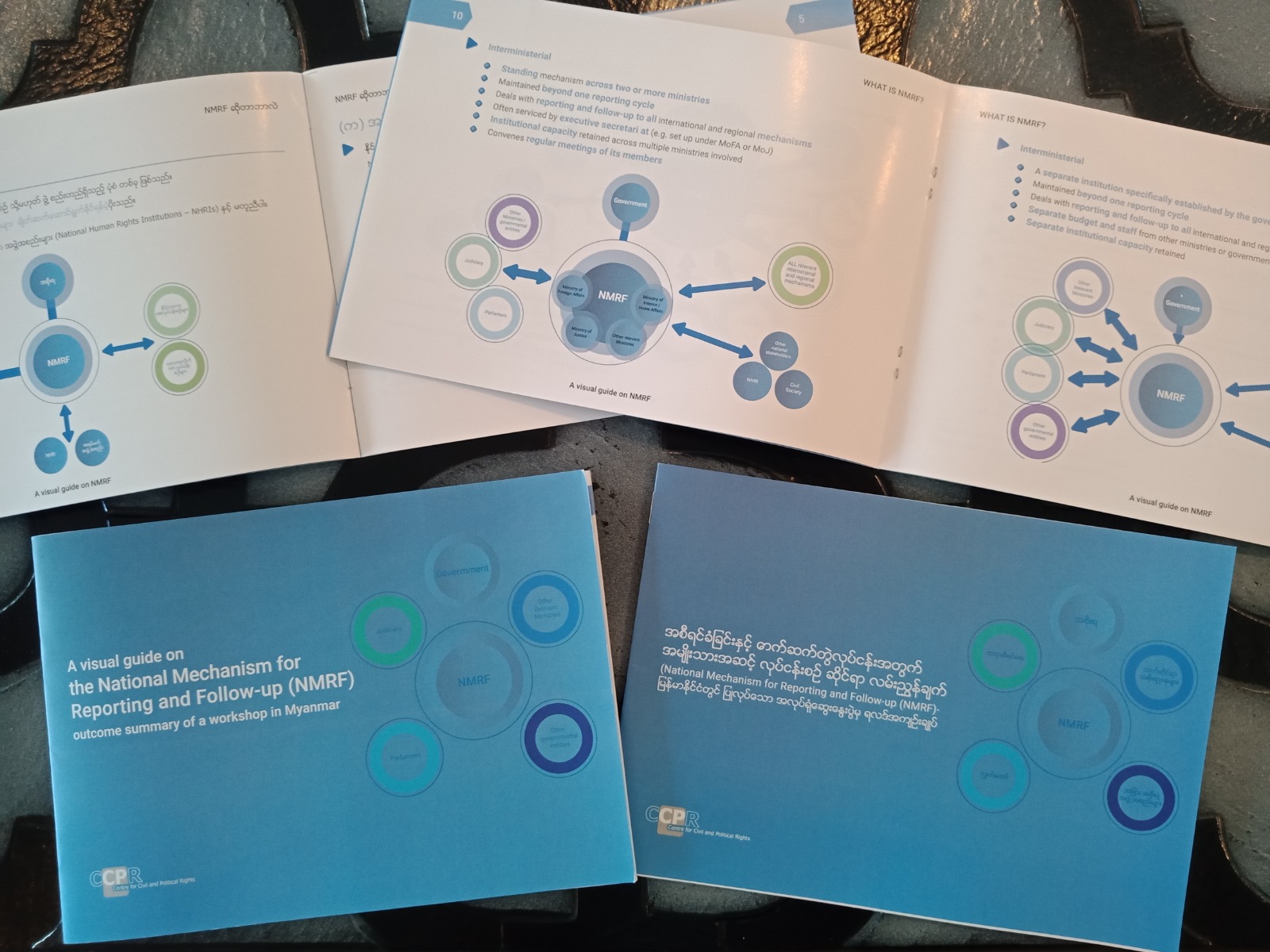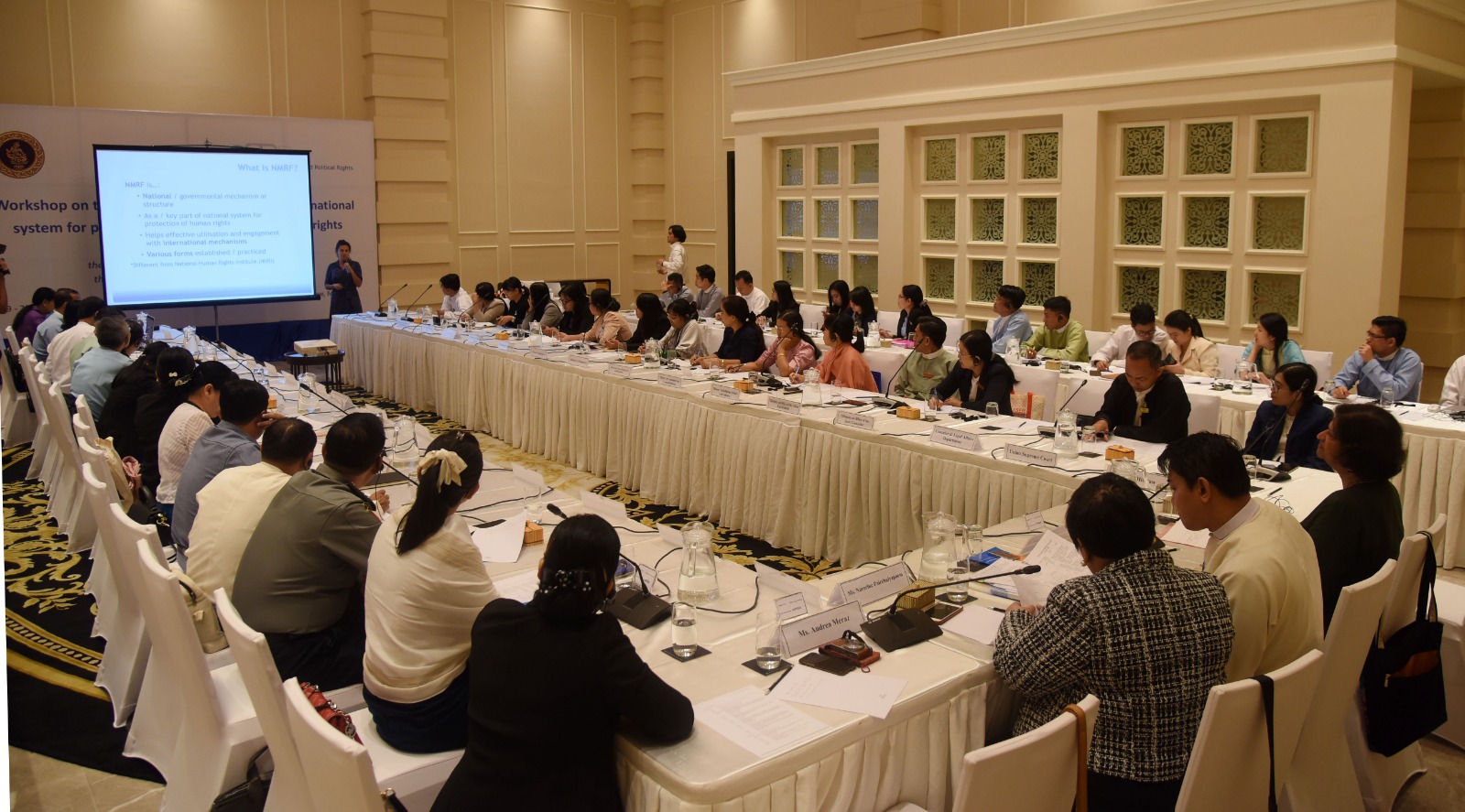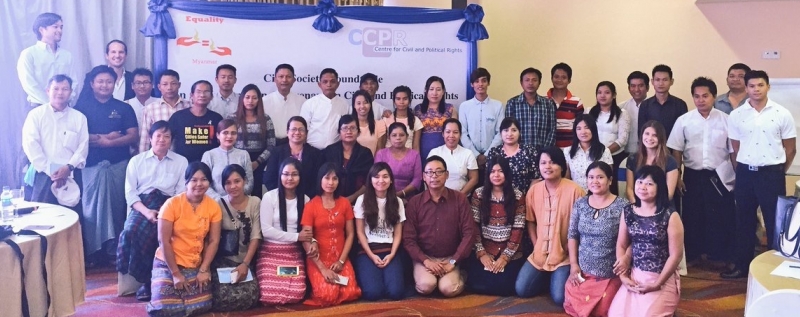Holding the Junta Accountable - the only Antidote to the crisis
Published on 25 Jul 2022, 02:42 PM
Myanmar at the 50th Session of the Human Rights Council
 UN High Commissioner for Human Rights, presenting her oral update on Myanmar at the 50th session of the Human Rights Council (Source: UN Web TV)
UN High Commissioner for Human Rights, presenting her oral update on Myanmar at the 50th session of the Human Rights Council (Source: UN Web TV)
From 13 June to 8 July 2022, the UN Human Rights Council (HRC) held its 50th Session witnessing yet another round of mounting evidence of the gross human rights violations committed by the military in Myanmar, the Tatmadaw. The UN High Commissioner on Human Rights, Michelle Bachelet, called the Tatmadaw out for its atrocities as war crimes and crimes against humanity. Tom Andrews, the Special Rapporteur on Myanmar singled out the junta for its brutality against civilians in Myanmar, which has claimed the lives of at least 2,500 people since the coup. In his most recent report presented before the Council, Andrews slammed the military for torturing, killing and ultimately stealing the future of the children in Myanmar. He also called on ASEAN to step up its actions towards Myanmar by rejecting the illegitimate military regime while increasing their engagement with the National Unity Government (NUG).
Terrorising its own people, the junta declared resumption of death penalty since Myanmar’s first known executions in 1988. Since the coup, more than 11,000 civilians have been arbitrarily detained with 114 among them, including minors, facing death penalty. At the 50th session, many HRC Member States, including Ireland, Liechtenstein and France, condemned the repulsive attempt of the military to spark fears among people on the ground in order to remain in power. Prior to the Council session, Cambodia’s Prime Minister also sent his letter of concern, calling the military to refrain from its plan to execute four political dissenters.
HRC Member States have continued calling out the military’s crimes and expressing support for peaceful solutions. International outcry for ASEAN and its Member States to facilitate the peace process in Myanmar and implement the Five-Point Consensus was particularly significant during the 50th session, with support expressed from 30 countries. The United States pressed on heavier sanctions including international arms embargo and freezing assets of military officials and their affiliates. Supported by many other UN Member States, the European Union also carried on with the call for accountability for the decades-long and ongoing human rights violations by the Junta.
At the same time, there are a few UN Member States that have been constantly undermining the international and regional efforts in bringing back peace, democracy and human rights to the people in Myanmar. At the 50th session, Belarus was adamant in rejecting ‘country-specific resolutions’ by the Council, while Venezuela and Russian Federation continued to legitimise the junta’s fascist regime in the name of ‘territorial integrity’, ‘sovereignty’ and ‘self-determination of Myanmar’.
Deteriorating crisis and urgent need for accountability
The humanitarian situation in Myanmar is worsening. As of July 2022, half of Myanmar's population has been forced into extreme poverty with more than one million having turned refugees on their own land. The ongoing crisis also intensified the already complicated challenges faced ethnic minorities including the Rohingya. Plenty of official data have been published, however, they are only a tip of the iceberg of Myanmar’s reality. Many stories left undocumented due to the restriction of movements and information flow, which makes it nearly impossible to unfold the extensive and irreversible impacts of military atrocities on the ground.
On 25 July, despite international condemnation including ones expressed during the 50th session of the HRC, it was reported that four individuals, Phyo Zeya Thaw, Ko Jimmy, Hla Myo Aung and Aung Thura Zaw, who were accused of committing “terror acts” and convicted by military courts in closed, evidently unfair proceedings, were executed. It is yet another blatant violation of international human rights law committed by the junta, showcasing its complete disregard of the lives of its own people and arrogant contempt for the appeals made by numerous actors, including the UN and ASEAN.
At the same time, continuous atrocities of the military may be met with even stronger resistance and thus escalate violence on the ground. The total impunity enjoyed by the junta must end but decisive actions have been crucially lacking from those who can and should do so. Such failure has already costed lives of millions of people in Myanmar.
Merging forces of the military takeover and the COVID-19 pandemic put the people at the forefront facing multidimensional crises and bloodshed in Myanmar. How long are the world leaders going to take conformist seats, letting the future of democracy and rule of law be shattered under the atrocities and injustices orchestrated by the junta? The Human Rights Council and all UN Member States must take immediate and concrete actions to stop the ongoing brutality beyond their political statements presented in Geneva. Continuous inaction and indifference will only solidify military power at the expense of peoples’ fundamental human rights and freedom. Collective international political will and efforts to uphold human rights and hold the military accountable for its crimes is the only antidote to the current social, economic and political catastrophe in Myanmar.
###
The Centre for Civil and Political Rights has been working with national stakeholders in Myanmar since 2016, assisting their efforts to strengthen protection of human rights in accordance with international human rights law. One of the main focuses of the Centre’s activities has been enhancement of the domestic process for the ratification of the International Covenant on Civil and Political Rights (ICCPR) as well as capacity building of national stakeholders for effective implementation of the UN Human Rights Treaties and constructive engagement with UN Treaty Bodies.
See also: the written statement submitted by the Centre the HRC 50th session, as well as oral statements presented during the Interactive Dialogues (IDs) with the High Commissioner (HC) and with the Special Rapporteur (SR) on Myanmar. Videos of these oral statements can be watched here: ID with HC (49:55 – 51:47) and ID with SR (53:07 – 54:41).
 UN High Commissioner for Human Rights, presenting her oral update on Myanmar at the 50th session of the Human Rights Council (Source: UN Web TV)
UN High Commissioner for Human Rights, presenting her oral update on Myanmar at the 50th session of the Human Rights Council (Source: UN Web TV)



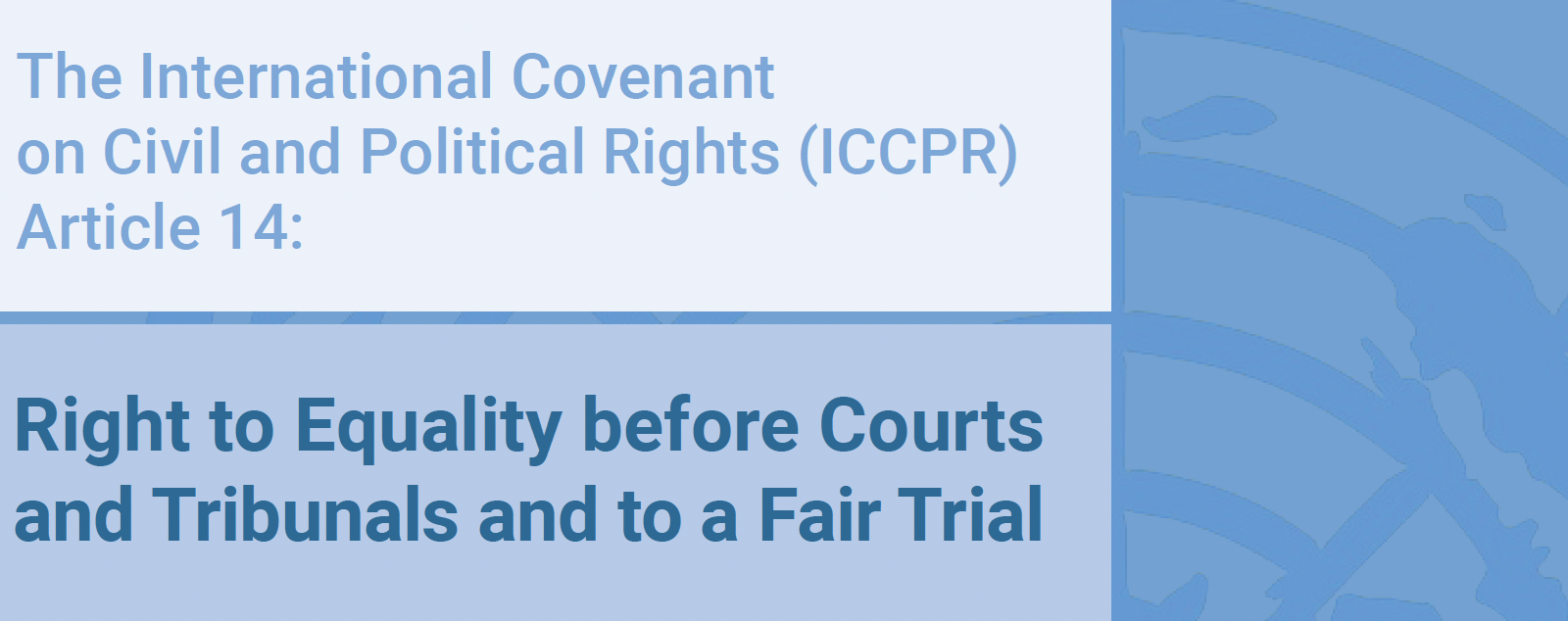
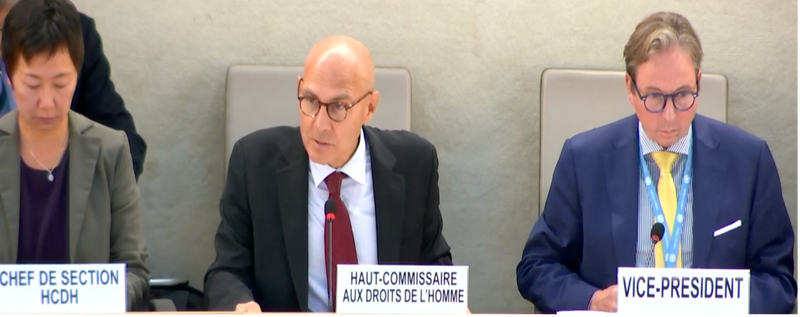
.jpg)
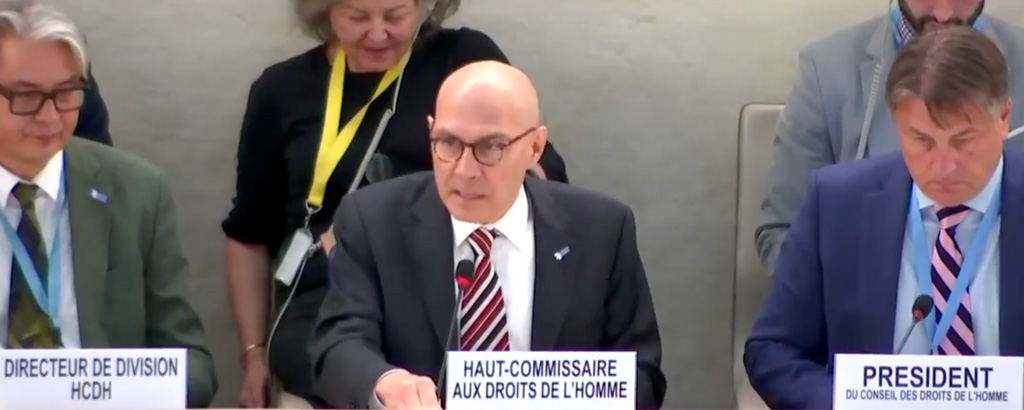
.jpg)
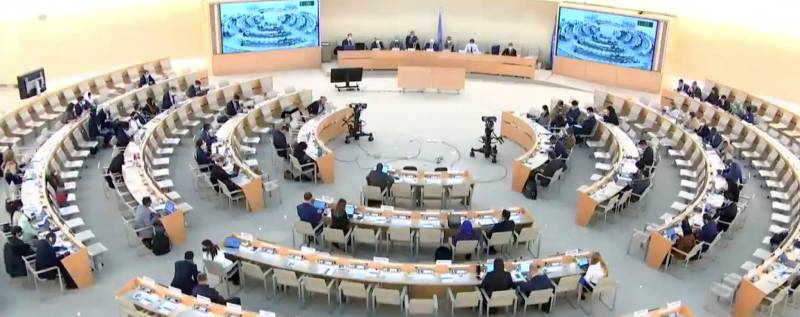
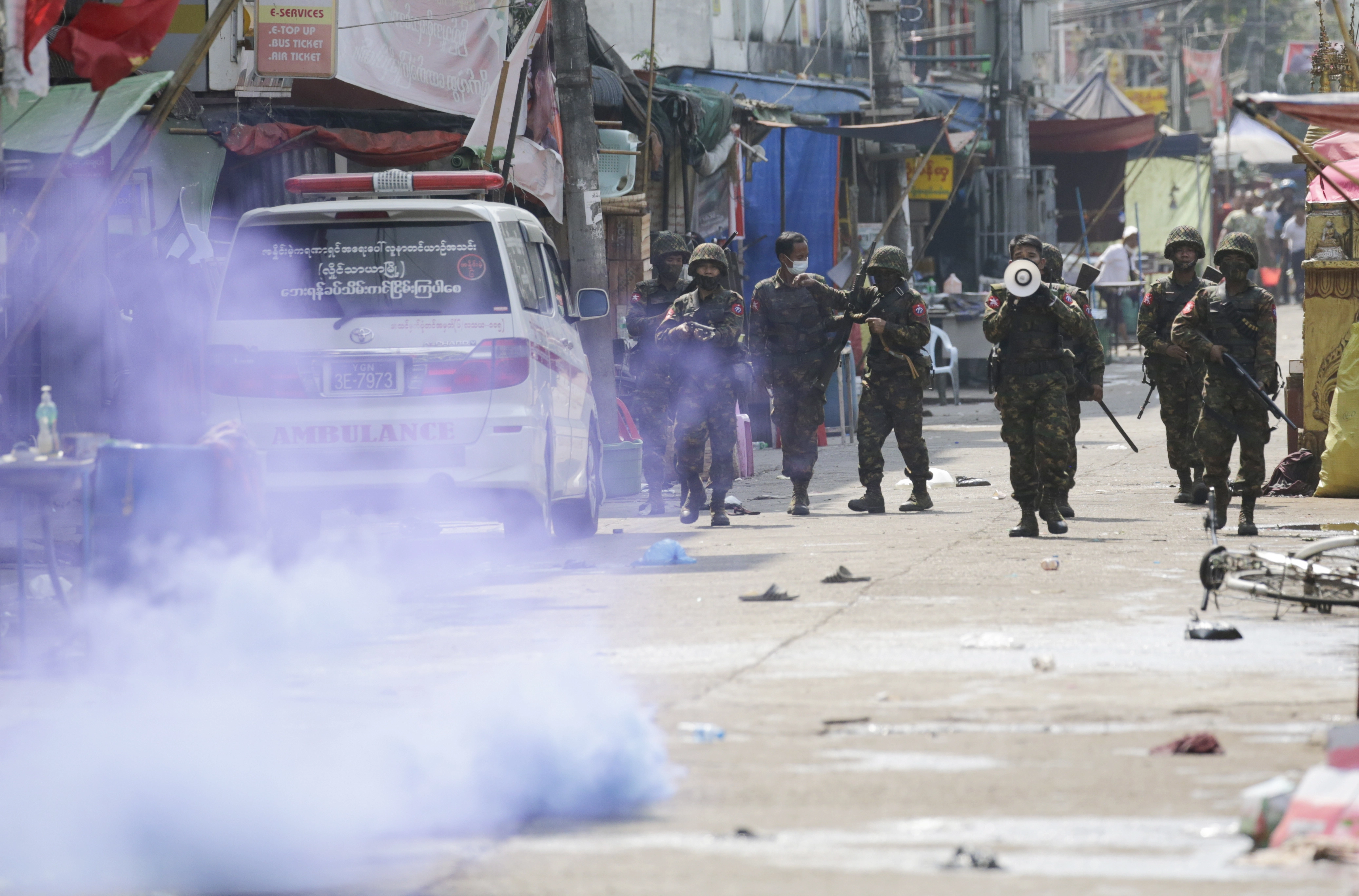
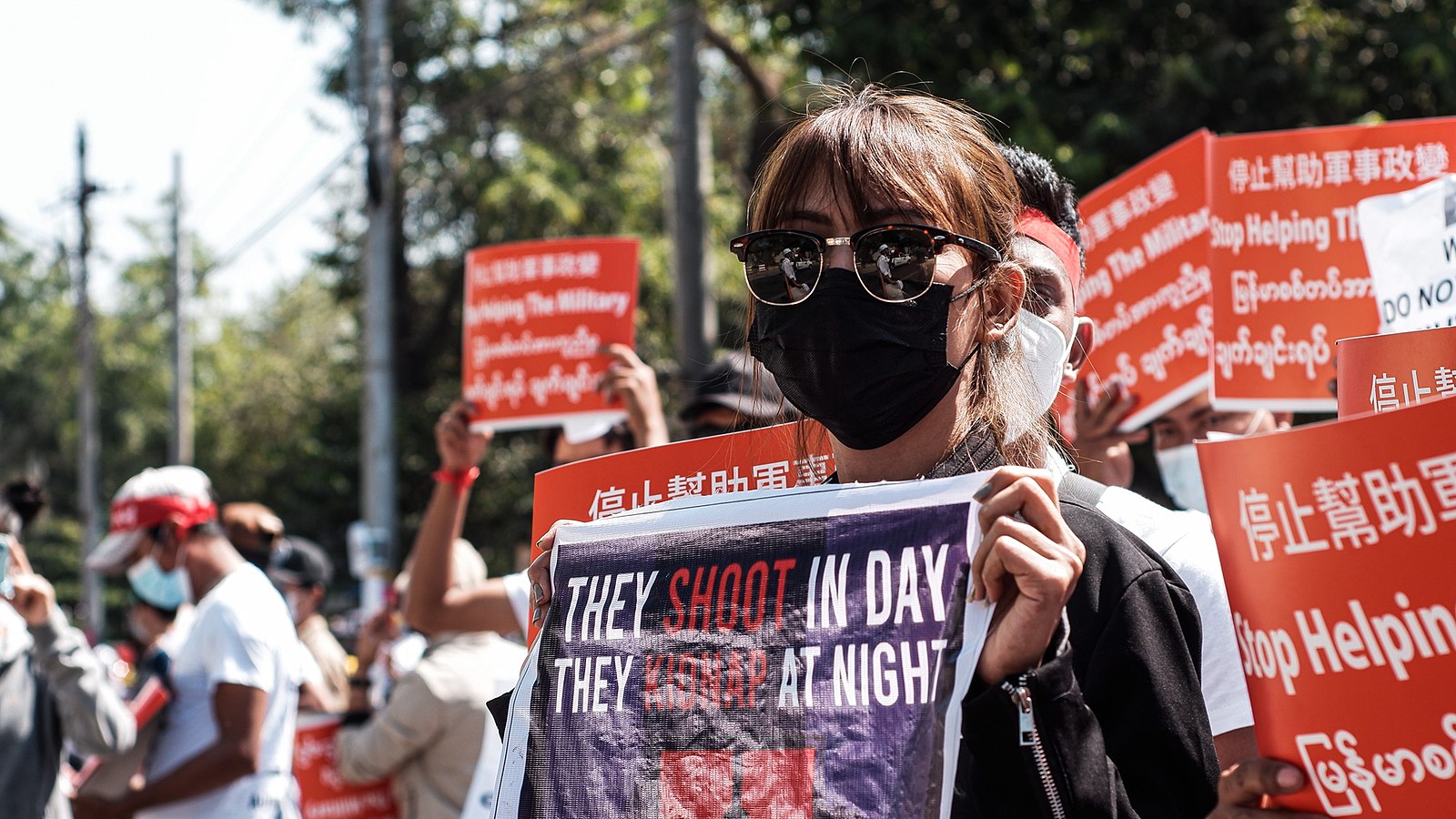
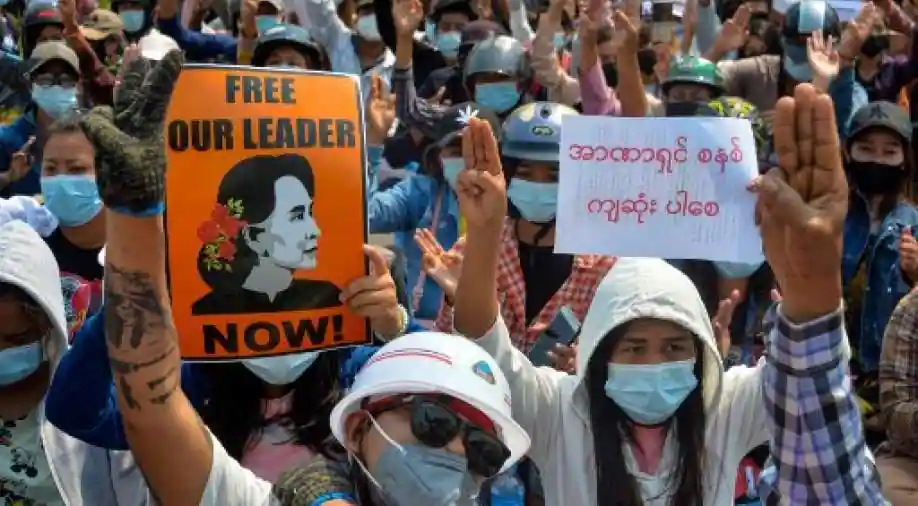
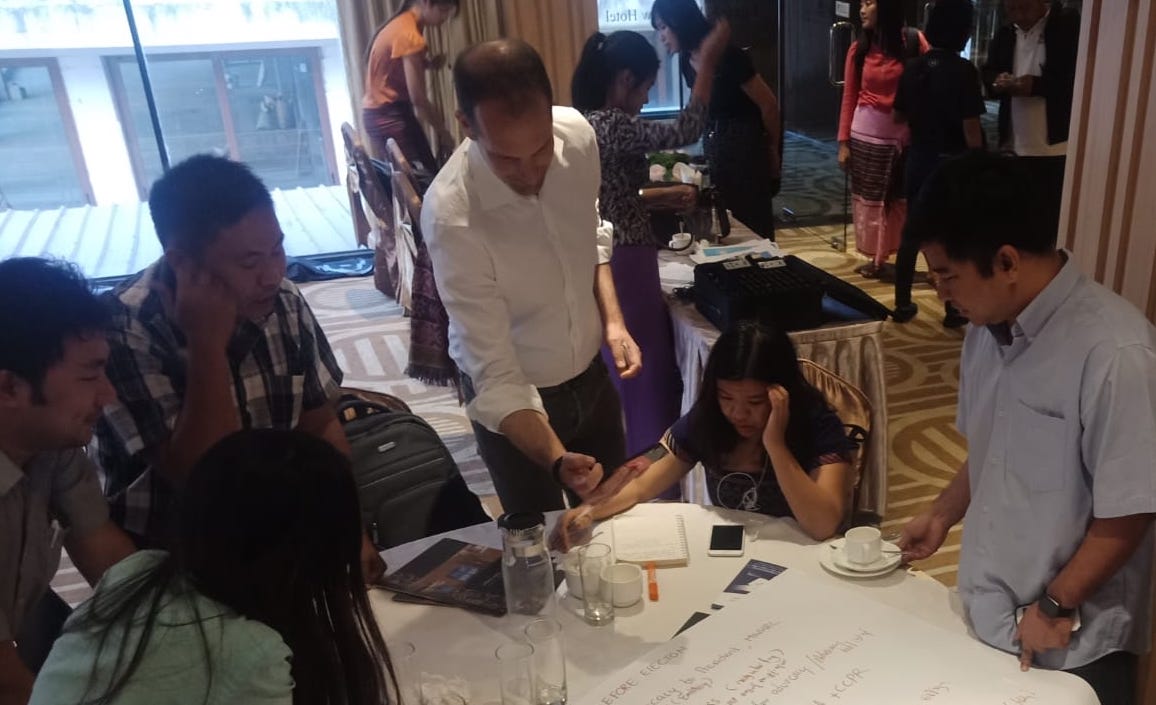
 copy.jpeg)
